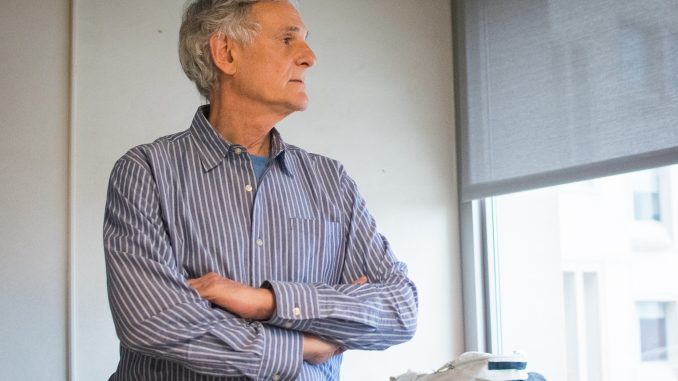
Steven Belenko, a criminal justice professor, received an approximately $3 million four-year grant from the Pennsylvania Department of Health last month to research opioid-use disorder treatment for people who were incarcerated.
Building on current efforts to turn the Temple Recovery Utilizing Scientific Treatment clinic into a “hub” for treatment of OUD, the project will increase access to treatment for those returning to North Philadelphia after being incarcerated who are at risk of relapse, Belenko said.
As part of the research, people who were incarcerated and live in North Philadelphia will be linked with Temple’s clinic to receive treatment, while those in West Philadelphia will be offered preexisting treatment options and reentry services in the area, Belenko said.
Researchers will follow and compare the recovery of both groups to determine which treatment is most effective, Belenko said.
The goal of the project is to conduct surveys with 400 people who were incarcerated, half from North Philadelphia and half from West Philadelphia, to understand whether the treatment will benefit them, said Caterina Roman, a criminal justice professor and co-investigator on the project.
To qualify for treatment in the program, one must be diagnosed with OUD and have received treatment while incarcerated, Belenko said. Participants will access peer recovery support specialists and case managers who assist in linking patients to treatment. People in custody will be required to complete a survey and receive information about existing treatment options in their neighborhoods before choosing a plan.
The two professors believe sending people with drug dependency to prison does not work.
“It’s bad public policy, and bad for the community,” Belenko said. “It’s important that the individuals get the treatment they need instead of prison time.”
Temple University Health System was able to expand the Temple Recovery Utilizing Scientific Treatment program to treat hundreds of patients after receiving a $1 million grant from Gov. Tom Wolf in July 2018, The Temple News reported.
The researchers hope to start the project by the summer. Before then, they will be meeting with partners involved in the project, seeking final approval from Temple’s institutional review board and working to refine their research plan, Belenko said.
“[We] need to pay attention to issues in urban areas to shed light on the issue and help any way we can as scholars,” Roman said.



Be the first to comment